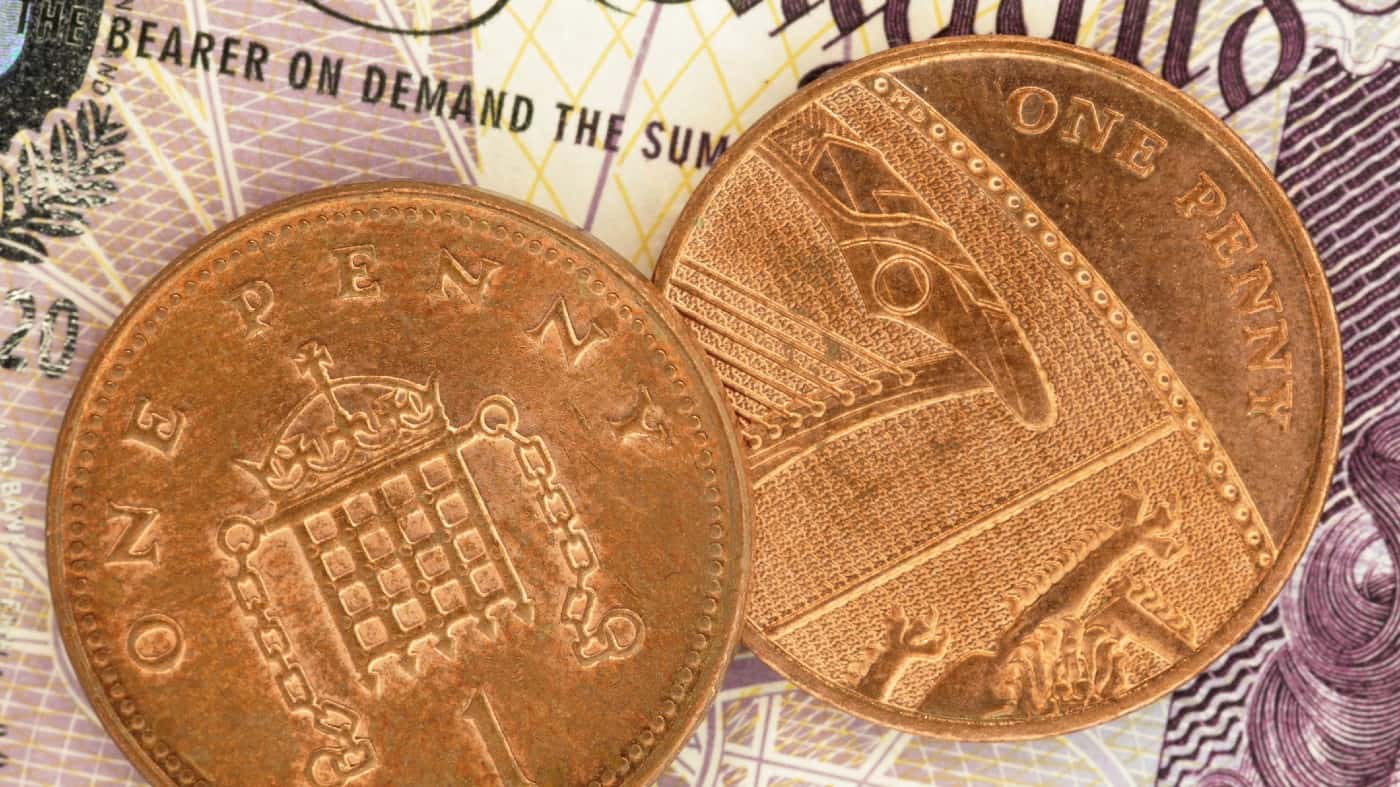A company with a strong record of profitability, well-known brand, and around one-fifth share of its market may sound like it has the makings of a great business. That describes one UK business in which I own shares. Yet currently, it trades for under 50p per share. Despite that, I am happy to own this particular penny stock.
Here’s why.
Great market position
The company in question is Topps Tiles (LSE: TPT). It supplies tiles to retail customers but also to the decorating and building trades. It has a large network of shops and also operates through five distinct online brands like Pro Tiler Tools.
By beefing up its online portfolio through an acquisition last year, the company has been able to grow its online sales strongly.
This tiered approach to targeting different customer types can help set Topps apart, while still enabling it to benefit from centralised buying and administration. That can help its profitability.
The company’s sales target has been to capture 20% of the UK market by 2025. It now expects to achieve that ahead of schedule.
Possible demand challenges ahead
So far, so good. But Topps is priced as a penny stock. Why? Investor worries about weakening prospects for the UK housing market are one reason.
That could hurt demand in the tile market as a whole, posing a risk to sales and profits for Topps. Then again, I think it could cut both ways. If people stay in their homes longer rather than moving, they may be more likely to redo their kitchens or bathrooms and buy new tiles in the process.
Another risk is profit margins falling. Despite record first half sales, the company’s pre-tax profit fell to £1.7m. Contributing factors including exchange rate movements and supply chain inflation remain a risk, in my opinion.
While the interim dividend grew 20% compared to last year, that was not covered by basic earnings during the first half.
Encouraging full-year performance
Although 2020 saw a swing into the red, aside from that the company has been profitable in recent years.
The company announced this month that sales for its full financial year will be its highest ever. It said profitability in the second half improved compared to the first six months and expects adjusted profit before tax for the full year to meet City expectations.
I also reckon the balance sheet looks strong. The company ended its first half with adjusted net cash of £20m. That is more than a fifth of its current market capitalisation.
Why I continue to believe in the investment case
The business model looks attractive to me, the dividend yield is juicy, and I am hopeful the company can navigate customer demand swings as it has done in the past.
I think the penny stock looks undervalued — and plan to keep holding it in my portfolio.








